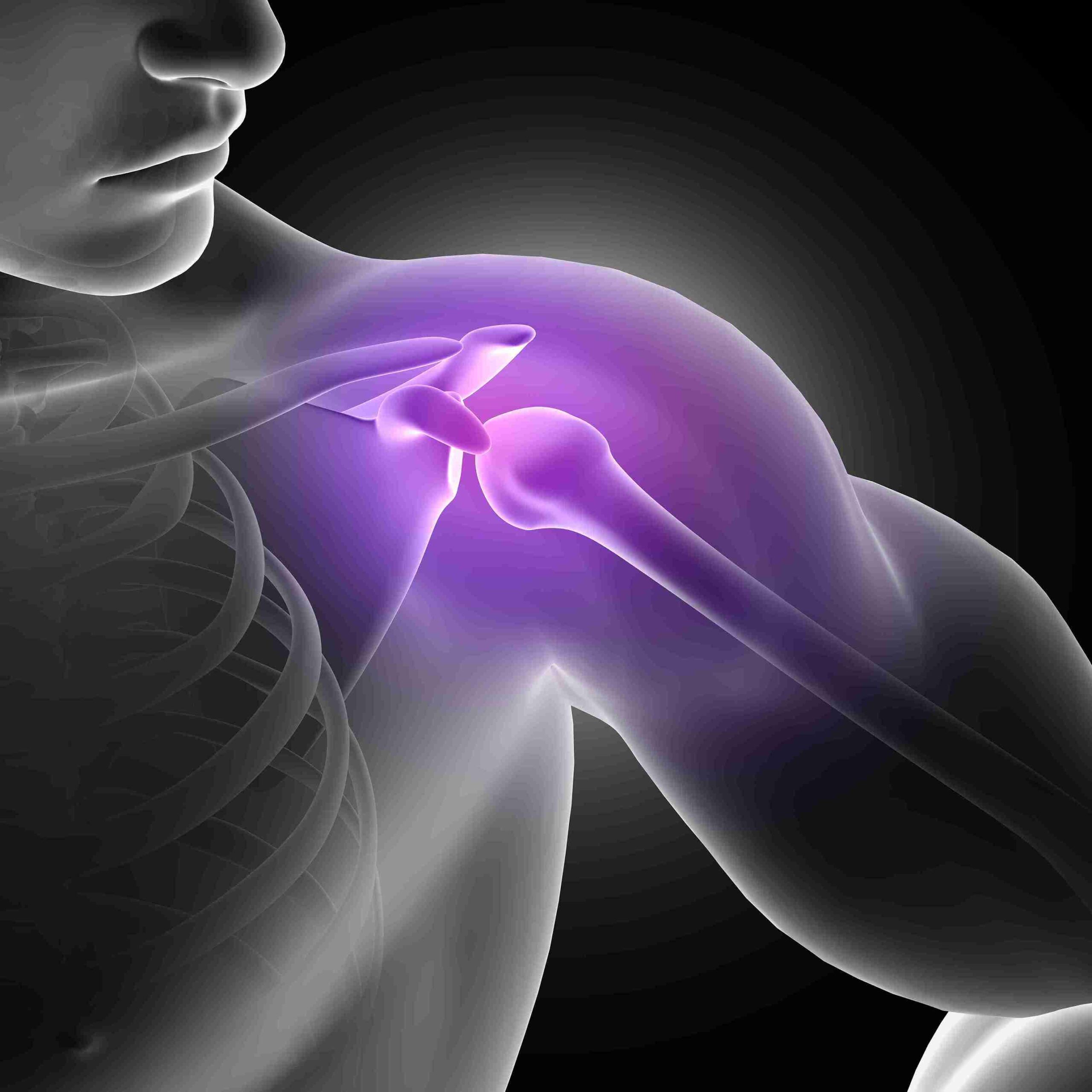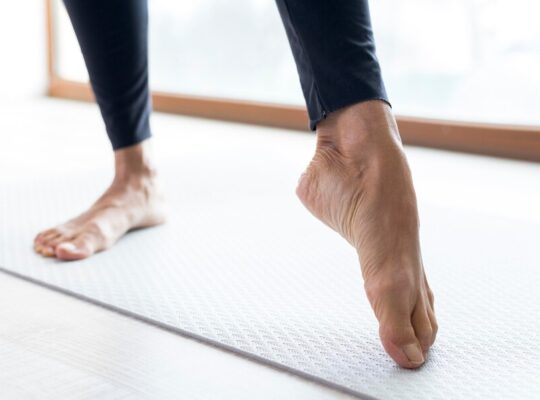Understanding Shoulder Pain
The shoulder is a ball and socket joint and is the most flexible joint of all the human body joints. It is bone, muscle, tendons, and ligaments that offer you the ability to move around. There is pain when any part of this system is injured or has inflammation, which is why you experience shoulder pain. This pain can be stabbing or throbbing, and occasionally it may trigger a burning sensation radiating to your arm.
Causes of Shoulder Pain
Rotator Cuff Injuries
A condition called rotator cuff injury is the most likely to be blamed for this. This group of muscles and tendons are co-acting and fixated muscles around the shoulder joint. Common rotator cuff conditions include tears, strains, or tendinitis within the area, and these cause considerable pain.
Shoulder Impingement
There is a compression of the tendons through the bones found in the shoulder area. This condition can be a result of repetitive overhead activities, such as in sports or lifting heavy loads.
Arthritis
Arthritis, particularly osteoarthritis, can result in shoulder pain through the grinding of bones that used to have cartilage coating. The joint ends up becoming rigid and is also associated with joint pains. Other forms of arthritis, such as rheumatoid arthritis, also involve the shoulder joint.
Frozen Shoulder
Frozen shoulder is a condition that causes pain and stiffness in the shoulder joint. It happens when the muscles and tissues around the shoulder joint become tight, which causes the joint to freeze up and hurt.
Dislocation
A shoulder dislocation occurs when the bone of the upper arm slips out from the socket. It often results from an injury like a fall or any contact sport.
Bursitis
Bursitis is characterized as the inflammation of the bursae, which are fluid-filled sacs that cushion bones, tendons, and muscles in the shoulder. Since bursae are fluid-filled sacs found between the bones encircling joints, they become painful when inflammation occurs with movement.
Symptoms of Shoulder Pain
The signs may differ depending on the type of issue being experienced. Common signs include:
- Sharp or aching pain
- Limited range of motion
- Swelling or tenderness
- Weakness in the arm
- Pain aggravated by movement
However, if the pain does not go away, seek a doctor or healthcare provider’s assistance. Ignoring it can lead to chronic conditions or even permanent damage.
Treatments
Here are some common treatments:
Minimal Motion
For sprains and small fractures, rest and ice are effective. Ice helps manage swelling, and rest allows muscles and tendons to recover. Time management during activities can help avoid overuse injuries.
Physical Therapy
Physical therapy exercises strengthen the muscles around the shoulder and increase flexibility. Strengthening exercises, like those used to build biceps and back, improve function and reduce pain.
Medications
Over-the-counter drugs like ibuprofen or acetaminophen help alleviate shoulder pain by reducing inflammation and providing temporary relief.
Corticosteroid Injections
If the pain is intolerable or hasn’t resolved, doctors may recommend corticosteroid injections to reduce inflammation in the shoulder area.
Surgery
In severe cases, such as rotator cuff tears or partial dislocations, surgery may be required. Joint surgeries, such as total hip replacement, share similarities with shoulder operations.
Preventing Shoulder Pain
In any case, prevention is better than cure. Here are some tips to prevent this:
Maintain Good Posture
Slouching can put pressure on shoulder muscles and lead to pain. Maintaining good posture, whether sitting or standing, is key. Doing simple routines like a morning walk can have a positive impact on your posture and overall health.
Exercise Regularly
Strengthening shoulder muscles through resistance exercises or lifting can help prevent injuries. For example, check out our article on how to build biceps and back muscles to enhance your shoulder support.
Avoid Overuse
Repetitive movements like painting or swimming can strain the shoulder. Resting between activities reduces strain. Practicing time management can help balance activities and minimize muscle overuse.
Proper Diet and Hydration
Eating a balanced diet, including vitamins for digestion, is essential for muscle recovery. Drinking plenty of water helps keep your muscles and joints lubricated.
Vaccination Precautions
Sometimes, improper vaccination administration, such as during typhoid immunization, can lead to shoulder pain. Proper technique can prevent complications.
Related Health Conditions Causing Shoulder Pain
Shoulder pain can also be caused by underlying health conditions, including:
- Multiple myeloma: A type of blood cancer that may cause unexplained shoulder pain.
- ALS vs MS: Neurodegenerative diseases that cause muscle weakness and spasms.
- Pancreatitis: This condition can cause referred pain in the shoulder due to affected nerves in the diaphragm.
When to See a Doctor
You should consult a doctor if:
- The pain lasts for more than a few days
- The area becomes swollen or red
- You cannot move your shoulder
- You have a previous history of dislocation or fracture
Visiting a healthcare provider will help you understand whether your shoulder pain is related to CKD or another underlying condition.
FAQs
What is the primary cause of shoulder pain?
The most frequent cause is a tear or inflammation in the rotator cuff tendons.
Can shoulder pain indicate more serious health risks?
Yes, it can be symptomatic of conditions like blood cancer or heart problems.
What natural remedies help relieve shoulder pain?
Apart from medications, rest, ice, and light exercises can help. Explore our article on home remedies for gallstones for more tips.
Can poor posture cause shoulder pain?
Yes, poor posture puts pressure on the shoulder muscles, leading to pain.
Are there exercises that prevent shoulder pain?
Yes, exercises like those for low back pain can also help prevent shoulder issues.
What is shoulder impingement, and how can it be prevented?
Shoulder impingement occurs when tendons get pinched. Treatments include rest, physical therapy, or surgery.
Can I recover from shoulder injury without surgery?
Yes, many cases of shoulder pain can be treated without surgery through physiotherapy and other interventions.
Can arthritis cause shoulder pain?
Yes, osteoarthritis and other forms of arthritis can lead to this condition.
What are the symptoms of shoulder dislocation?
Symptoms include severe pain, swelling, and inability to move the arm.
What can I do to prevent shoulder pain?
Maintain a workout routine, practice good posture, and avoid overuse. Engaging in activities like a morning walk can help keep your joints healthy.












